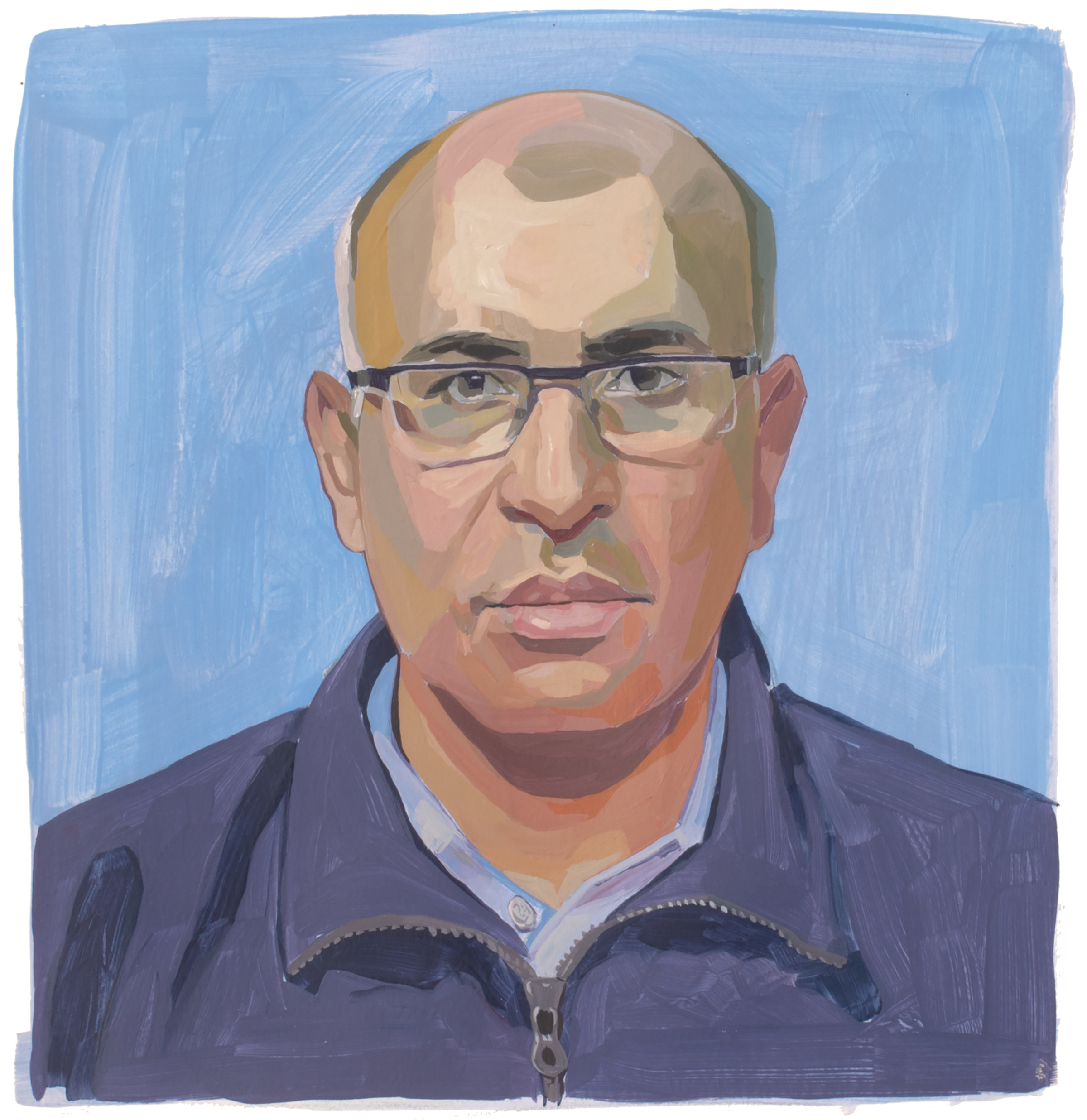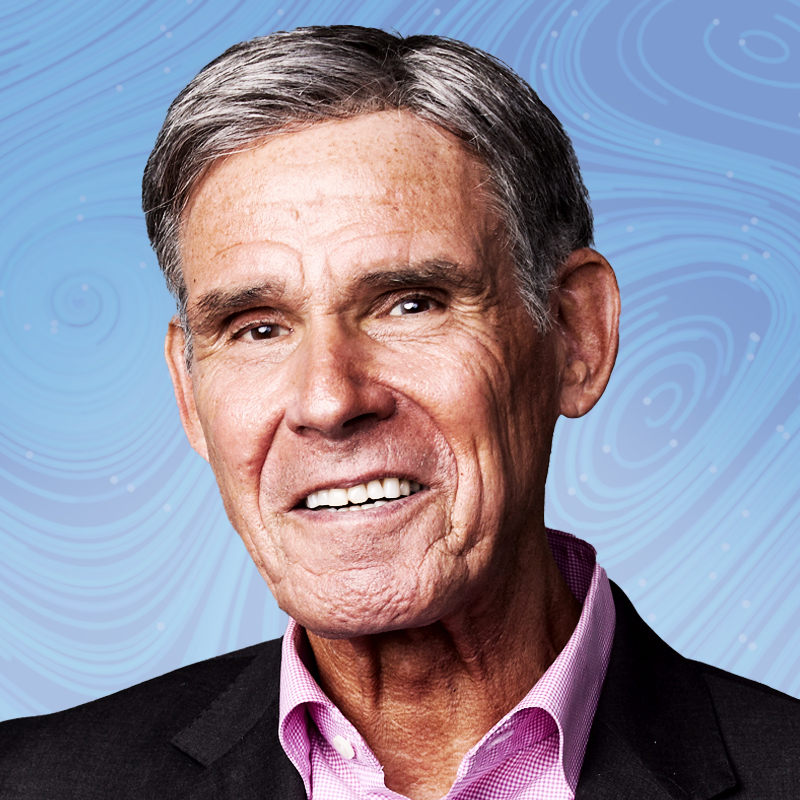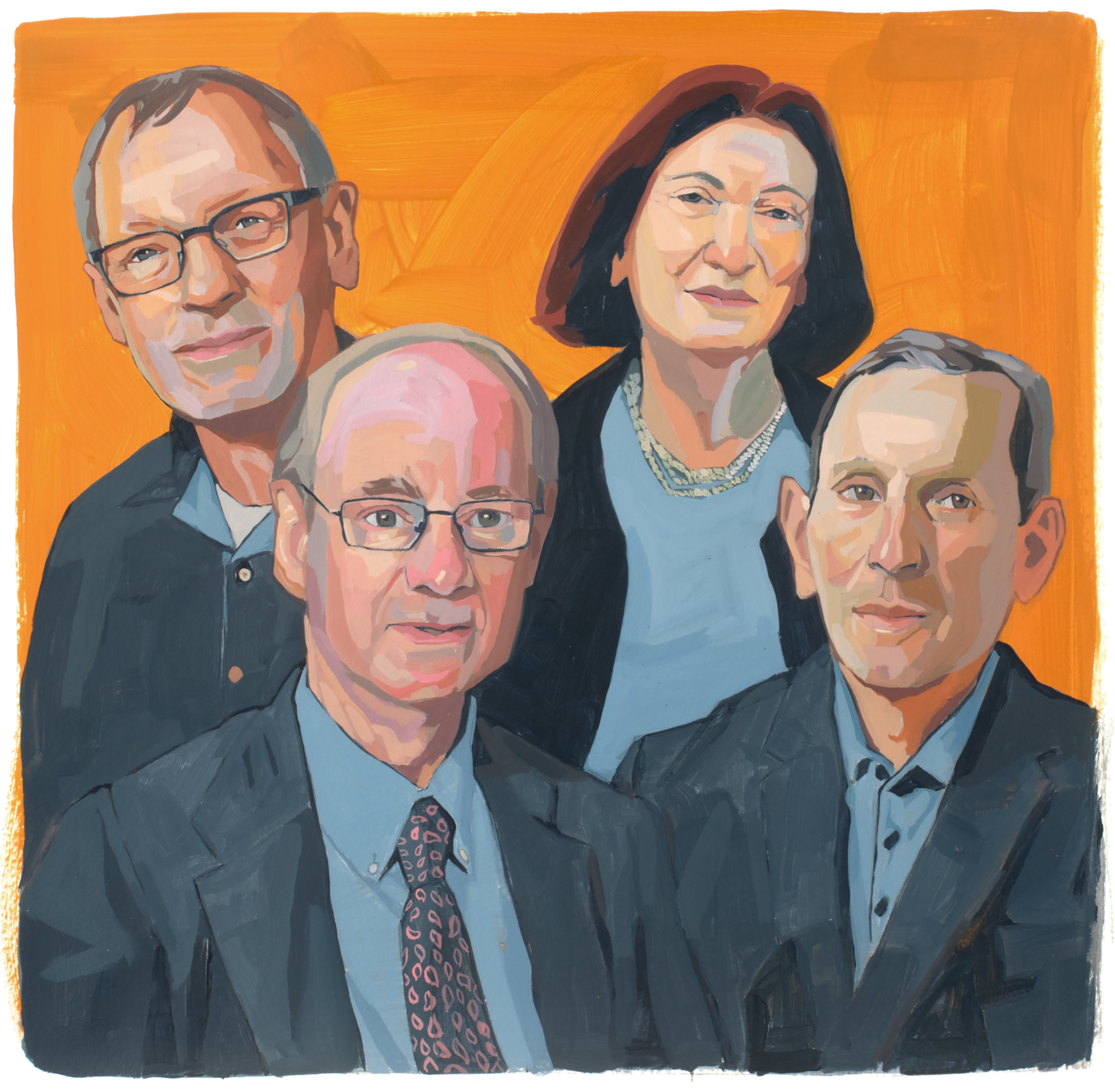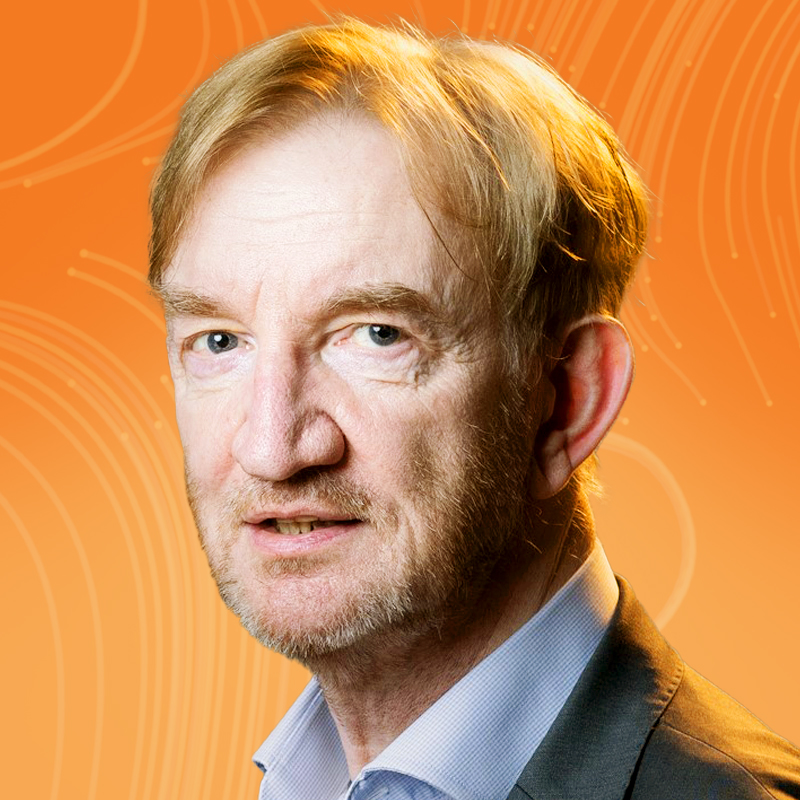Proteins, each with their own unique three-dimensional architecture, are the body’s molecular tools, adapted to perform the specific tasks necessary for maintaining life. For decades, researchers have modified proteins to augment or alter their function. Insulin lispro, for example, is a modified form of naturally occurring insulin that removes sugar from the blood more rapidly than the original protein, making it a useful diabetes drug.
David Baker, director of the Institute for Protein Design at the University of Washington, isn’t interested in tinkering, however. Rather than modifying the proteins that evolution bestowed upon us, Baker designs entirely new ones.
Much of Baker’s early research was aimed at understanding how proteins fold. But in the 1990s, after developing a software program, Rosetta, to help answer this question, Baker and his research team realized that they could, in essence, run the software backwards, and design a protein based on a desired shape. In recent years, Baker and researchers in his lab have designed proteins that act as biological “logic gates,” allowing scientists to program cellular functions, such as gene expression, just as they would a computer, and a protein-based antiviral nasal spray that targets COVID-19.
Baker has co-founded 17 companies and been granted over 100 patents. Rosetta has evolved into RosettaCommons, one of the most widely-used protein design software packages. For his research, Baker, now director of the Institute for Protein Design at the University of Washington, was awarded the 2021 Breakthrough Prize in Life Sciences.
Recently, Baker has been a leader in grappling with the societal implications of the technologies he has helped create. Rapid advances in artificial intelligence have sparked fears that AI systems could exacerbate risks of bioterrorism. In response, Baker shepherded an agreement this year, signed by more than 90 scientists in the field, that commits to promoting the responsible development and use of AI protein-design tools.
More Must-Reads from TIME
- Why Biden Dropped Out
- Ukraine’s Plan to Survive Trump
- The Rise of a New Kind of Parenting Guru
- The Chaos and Commotion of the RNC in Photos
- Why We All Have a Stake in Twisters’ Success
- 8 Eating Habits That Actually Improve Your Sleep
- Welcome to the Noah Lyles Olympics
- Get Our Paris Olympics Newsletter in Your Inbox
Write to Will Henshall at will.henshall@time.com





